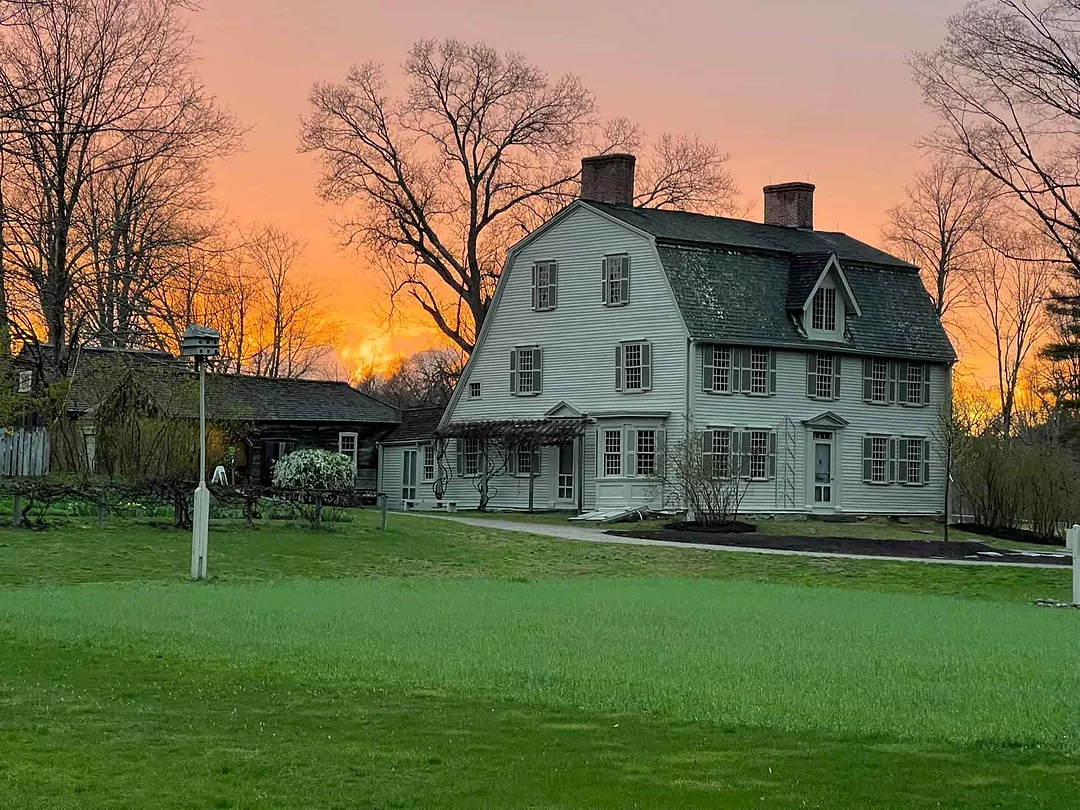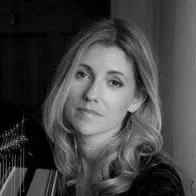
QUESTIONS
The 250th Anniversary of the April 19, 1775, battles of Lexington and Concord is approaching. Test your knowledge of what was happening in the area in the fall of 1774:
1. True or false: In the fall of 1774, Concord residents of European ancestry were considered British subjects.
Click to show the answer
Answer:
True. In 1774, loyal or not, Concord residents were considered British subjects
2. In 1774, if you asked a Concord resident who was their King, they might tell you:
A. King Charles I
B. King George II
C. King George III
D.
Something not fit for print
Click to show the answer
A. King Charles I
B. King George II
C. King George III
D. Something not fit for print
Answer:
C or D. King George III, or something not fit for print.
3. In the fall of 1774, who was the Governor of the Province of Massachusetts Bay?
A. General Thomas Gage
B.
John Hancock
C. Thomas Hutchinson
D.
William Phips
Click to show the answer
A. General Thomas Gage
B. John Hancock
C. Thomas Hutchinson
D. William Phips
Answer:
A. General Thomas Gage. Gage succeeded Governor Thomas Hutchinson who had been governor from March 1771 through May 1774. Following the December 1773 Boston Tea Party, the British royal government lost faith in Hutchinson’s ability to control the Province of Massachusetts, and replaced him with military officer General Thomas Gage.
4. In 1774 you are visiting a friend in Concord who is a supporter of the
patriot cause. Sitting by their fireplace, your friend offers you a “dish of Bohea”. Are they offering you:
A. A cup of hot chocolate
B. A cup of tea
C. A bowl of soup
D.
A piece of mutton
Click to show the answer
A. A cup of hot chocolate
B. A cup of tea
C. A bowl of soup
D. A piece of mutton
Answer:
B. A cup of tea. Beginning in the early 1700s, Bohea tea referred to the finest type of black tea. After the unpopular Tea Act of 1773 led to the boycott of British-supplied East India Company teas in Massachusetts, many colonists made their own tea from local herbs. The word “bohea” was so commonly used to refer to tea that it could also have referred to home-grown versions as well as British imported tea (such as the ruined tea sitting in Boston harbor where it was dumped during the Boston Tea Party).
Questions 5 - 7: Going out, or not?
5. You are the mother of five single daughters of marrying age. You live in Concord Center across the street from the tavern of Mr. Taylor (today’s Wright Tavern). On October 11, 1774, you see a large gathering of men arriving in town and heading towards the tavern. You don’t know why they’re here, but the men are well-dressed and include men of standing (and wealth!) that you have seen before. Putting Jane Austen’s future Mrs. Bennet (Pride and Prejudice) to shame, you scream for your daughters to quickly go put on their best caracos. You’re going out! What is a caraco?
A. Silk shoes with turned heels
B.
A silk gown
C.
Wigs with an updo and curl cascade
at the top
D.
A fitted jacket that flares at the waist
Click to show the answer
A. Silk shoes with turned heels
B. A silk gown
C. Wigs with an updo and curl cascade at the top
D. A fitted jacket that flares at the waist
Answer: D. A caraco is a fitted jacket that flares at the waist.
6. As you’re trying to hustle your single daughters out of the house and across the street to meet the eligible gentlemen gathering at Mr. Taylor’s tavern, your youngest and dimmest daughter asks if
she should don a sugar-loaf. You say no! What is a sugar-loaf, and why should she
not wear it?
A.
Pointy undergarments; no, because it will make her look like she’s trying too hard
B.
A blue dress whose dye could come from boiling the blue paper in which sugar cones came wrapped; no because, since sugar was expensive, the blue dress color would be a flaunting of wealth.
C.
A tall pointy hat; no, because that is so
last century!
D. A bread basket; no, because, just, no.
Click to show the answer
A. Pointy undergarments; no, because it will make her look like she’s trying too hard
B. A blue dress whose dye could come from boiling the blue paper in which sugar cones came wrapped; no because, since sugar was expensive, the blue dress color would be a flaunting of wealth.
C. A tall pointy hat; no, because that is so last century!
D. A bread basket; no, because, just, no.
Answer:
C. A tall pointy hat; no, because that is so last century. Usually black, sugar-loaf hats were worn by men and women from the late 1500s through the mid-1600s.
7. You’ve finally got your daughters to the door and are about to push them outside when your husband appears, blocks the door and forbids you to leave! Your husband is a loyalist and always wanted a son called “George,” but he is still fond of most of his daughters and, pointing across the street to the tavern, swears, “No daughter of mine will have anything to do with anyone over there!” What is going on across the street? Why are these men assembling in Concord? Are they here for:
A.
A meeting with presidential candidate George Washington
B.
An assembly of the First Provincial Congress
C.
An agricultural meeting to discuss
planting local tea plantations
D.
Dancing lessons for uncoordinated bachelors
Click to show the answer
A. A meeting with presidential candidate George Washington
B. An assembly of the First Provincial Congress
C. An agricultural meeting to discuss planting local tea plantations
D. Dancing lessons for uncoordinated bachelors
Answer:
B. An assembly of Massachusetts’ First Provincial Congress. In a proclamation written on the 28th of September 1774, Governor Thomas Gage ordered that due to “recent tumultuous behavior” and “the present disordered and unhappy state of the province” he would not be attending an assembly of elected representatives from Massachusetts and no one else should go either because the patriots were too badly behaved, and it was time for a crackdown and enforcement of British governance. Many Massachusetts elected representatives said “OK, thanks.” and arranged to assemble anyway. Composed of representatives from across the province, an un-sanctioned shadow-government formed, and the first meeting of Massachusetts’ Provincial Congress met in Concord from October 11 - 14, 1774. For a description of what happened at Wright’s Tavern, see Prof. Robert A. Gross’ article “In the Forefront of Revolution: The Massachusetts Provincial Congress.”
8. In 1774, Concord’s Reverend William Emerson was invited to be the Chaplain of the First Provincial Congress. Rev. Emerson lived at The Old Manse and later died during the Revolutionary War after falling ill with camp fever. In 1842, Nathaniel Hawthorne rented The Old Manse where he wrote his short-story collection Mosses from an Old Manse. In it, he described his real-life experience in the Manse which he said, “was haunted.” Hawthorne wrote that “our ghost” did which of the following? Select all that apply:
A.
Gave deep sighs
B.
Walked around creating the sound of a minister’s silk robe moving
C.
Rustled papers as though writing a sermon
D.
Wished Hawthorne to edit and publish a chest full of discourses that remained in the attic
Click to show the answer
A. Gave deep sighs
B. Walked around creating the sound of a minister’s silk robe moving
C. Rustled papers as though writing a sermon
D. Wished Hawthorne to edit and publish a chest full of discourses that remained in the attic
Answer:
All of them! But that was not the only ghostly encounter Hawthorne experienced in The Old Manse! Find out more by reading Mosses from an Old Manse. Visit The Old Manse Museum at 269 Monument Street, Concord, MA,and look out for the Manse’s special Halloween tours!
Contact Barrow Bookstore for a list of sources. Barrowbookstore@gmail.com.
————————————————————————
For more than 50 years, Barrow Bookstore has been a favorite of residents and visitors alike, specializing in Concord authors and history, children’s books and literature. The shop also provides a wide array of gently read and rare titles ranging from paperbacks to first editions and original manuscripts. Staff members have all worked as tour guides and reenactors in Concord and are happy to share their knowledge about the town and its history. Discover more at barrowbookstore.com.


